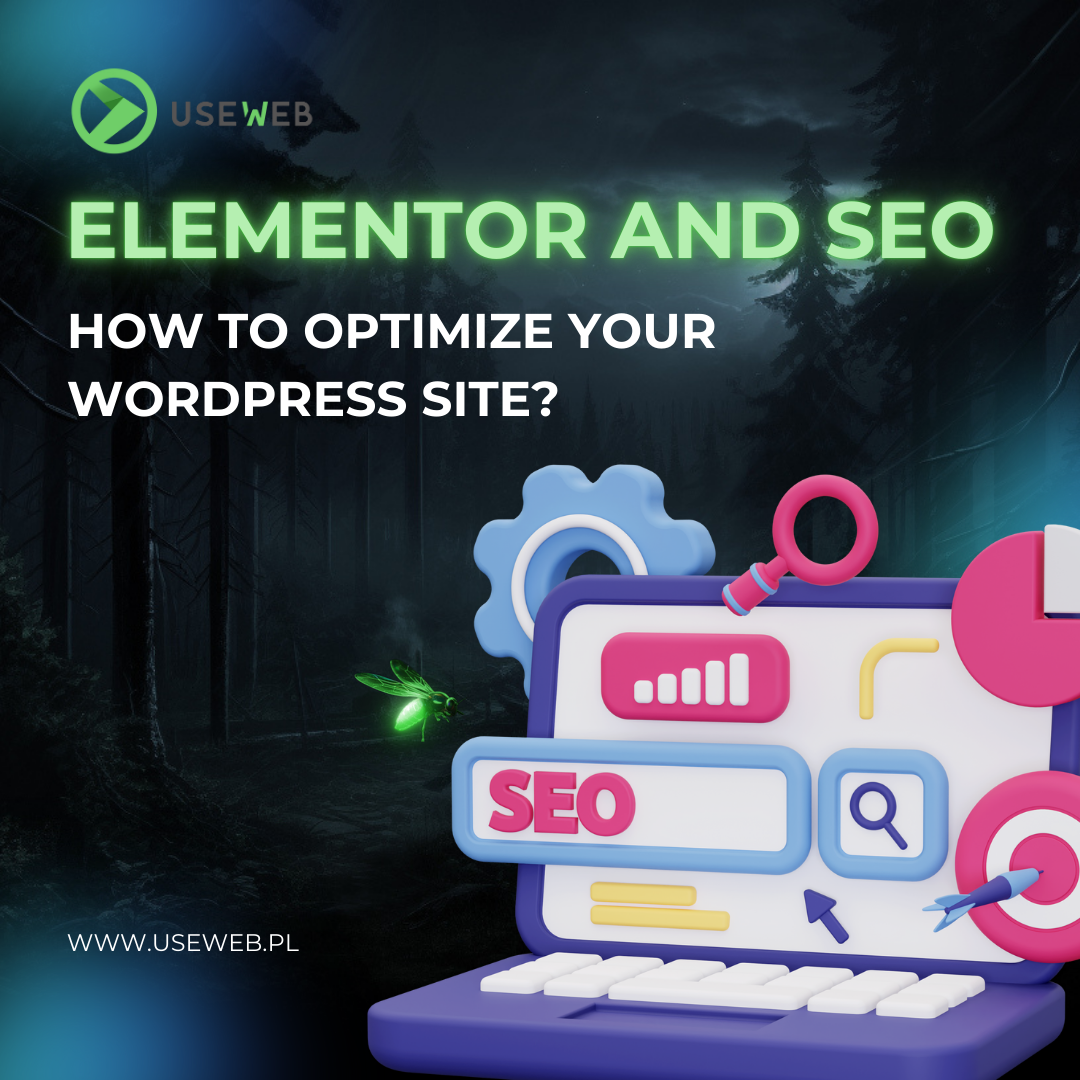Introduction
Artificial Intelligence (AI) is becoming increasingly prevalent in various aspects of our lives, and web design is no exception. Thanks to AI, designing websites is becoming more efficient, personalized, and accessible. The use of artificial intelligence can significantly speed up the website creation process, enhance user engagement, and improve overall site performance. In this article, we will explore how AI is transforming web design and the benefits it can bring to both designers and users.
Automating the Design Process
Layout Generation
One of the most significant ways AI is changing web design is through the automatic generation of website layouts. Tools like Wix ADI or Bookmark AIDA use artificial intelligence to create unique, personalized layouts based on a user’s answers to a few simple questions. This allows even those without design experience to quickly create a professional-looking website.
Automatic Content Customization
AI can automatically tailor the content on a website based on user behavior and preferences. For example, AI-driven systems can analyze demographic data and user interactions to adjust the site’s appearance, product recommendations, or blog content in real-time. This increases user engagement and helps in converting visitors into customers.
Personalizing User Experience
Personalized Content
AI enables the delivery of personalized content that is more engaging and relevant to users. Artificial intelligence algorithms can analyze data about a user’s previous interactions with a site, such as viewed products or articles, to provide more tailored recommendations. For example, e-commerce stores can use AI to recommend products based on browsing and purchase history.
Chatbots and Virtual Assistants
AI-powered virtual assistants and chatbots are becoming increasingly popular on websites. They allow real-time interaction with users by answering questions, assisting with navigation, or supporting the purchasing process. Thanks to machine learning, chatbots are becoming more intelligent and capable of conducting more natural and effective conversations with users.
Optimization and Data Analysis
Data Analysis and Prediction
AI can process large amounts of data to understand how users interact with a website. AI-based analytical tools can provide insights into which elements of the site perform best and where there might be issues. For instance, they can analyze user pathways on the site, identify where users are dropping off, and suggest changes to the site layout to improve engagement.
SEO Optimization
Artificial intelligence can also aid in optimizing websites for SEO. AI tools can analyze site content, suggest keyword optimizations, and even automatically generate meta descriptions or improve header structures to better fit search engine algorithms. This can help a site achieve better rankings in search results, increasing organic traffic.
Enhancing the Design Process
Faster Prototyping
AI-based prototyping tools like Microsoft’s Sketch2Code allow for converting sketches or screenshots into interactive website prototypes. This enables designers to quickly test different ideas and iterate on the design, saving time and resources.
Improving Interfaces
AI can assist in refining user interfaces by analyzing user behavior data. For example, tools like Hotjar with AI capabilities can analyze heatmaps and track where users click, scroll, and spend the most time. Based on this data, designers can make interface changes to enhance usability and user engagement.
Challenges of Using AI in Web Design
Costs and Complexity
Implementing AI in the design process can involve additional costs and require advanced technical knowledge. While there are many tools available on the market, integrating AI in an effective and comprehensible way for designers can be challenging.
Balancing Automation and Creativity
AI can automate many aspects of web design, but it’s essential to maintain a balance between automation and creativity. Designers need to find ways to use AI as a tool to support their creative process rather than replace it.
Conclusion
Artificial intelligence is bringing revolutionary changes to web design by offering tools for automation, personalization, and data analysis. With AI, design becomes more efficient, and user experiences can be more personalized and engaging. However, despite the many advantages, using AI in web design also comes with challenges, such as costs, complexity of implementation, and the need to balance automation with creativity. Despite these challenges, the future of web design will undoubtedly be increasingly tied to the development of artificial intelligence.






